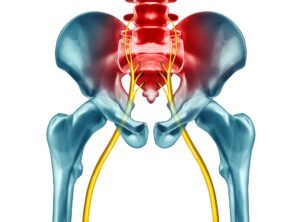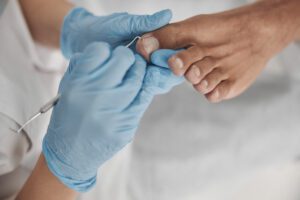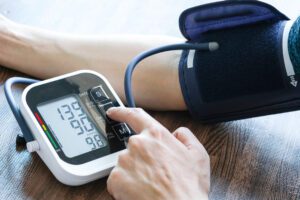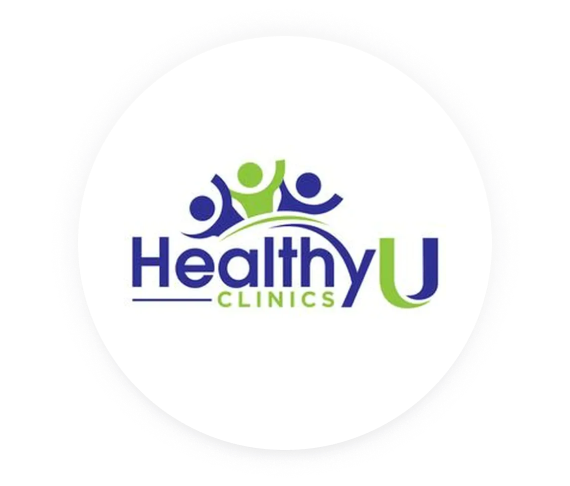The hardest thing about being in medicine is meeting patients who have lost hope. Depending on the patient’s journey, they may have begun to distrust the system, their providers, and even themselves. They may feel their body has failed them, and they are more a victim of circumstance than an active member of their health, or they have become a burden to their family and friends. Loss of control over your health will do this to you.
A cancer diagnosis, heart disease, or chronic pain is never fair. There are factors we can control regarding our health and others we cannot. We all age, and we all face challenges. How healthcare providers help restore our patient’s minds, bodies, and spirits encapsulates the art of healing. Being a healer is why many of us went into medicine.
How do we heal those who lost hope? I am reminded of an acclaimed author and general surgeon, Atul Gawande’s 2010 memoir Better. “Better is possible. It does not take genius. It takes diligence. It takes moral clarity. It takes ingenuity. And above all, it takes a willingness to try.”
I believe that in nearly every interaction a physician has with a patient, there is an opportunity to make things better. We can do good, but not every problem has a simple solution. There is ambiguity, and there are trade-offs in medicine.
There is great complexity to the human body. Last I checked, there were over 37,000,000,000,000 (trillion) cells in our bodies. Unfortunately, we rarely notice the significance until something goes wrong. Poor health and injury can restrict all aspects of what we consider a normal life.
So, where do we begin? A better you starts on the first visit. Better is believing in patients, even when they may not have a belief in themselves. Better is helping patients find the motivation to make changes in their life. Sometimes, better is helping patients get a good night’s sleep. Small victories add up.
The best thing about being in medicine is watching patients regain what they have lost. As if a light bulb flashes above their head, they begin to see a path where they can feel like themselves again. In these moments, you are grateful for being a part of your patient’s health. Hope is always a good thing. So let’s make you better.
By: Alexander Dydyk, DO
Director of Pain Medicine





